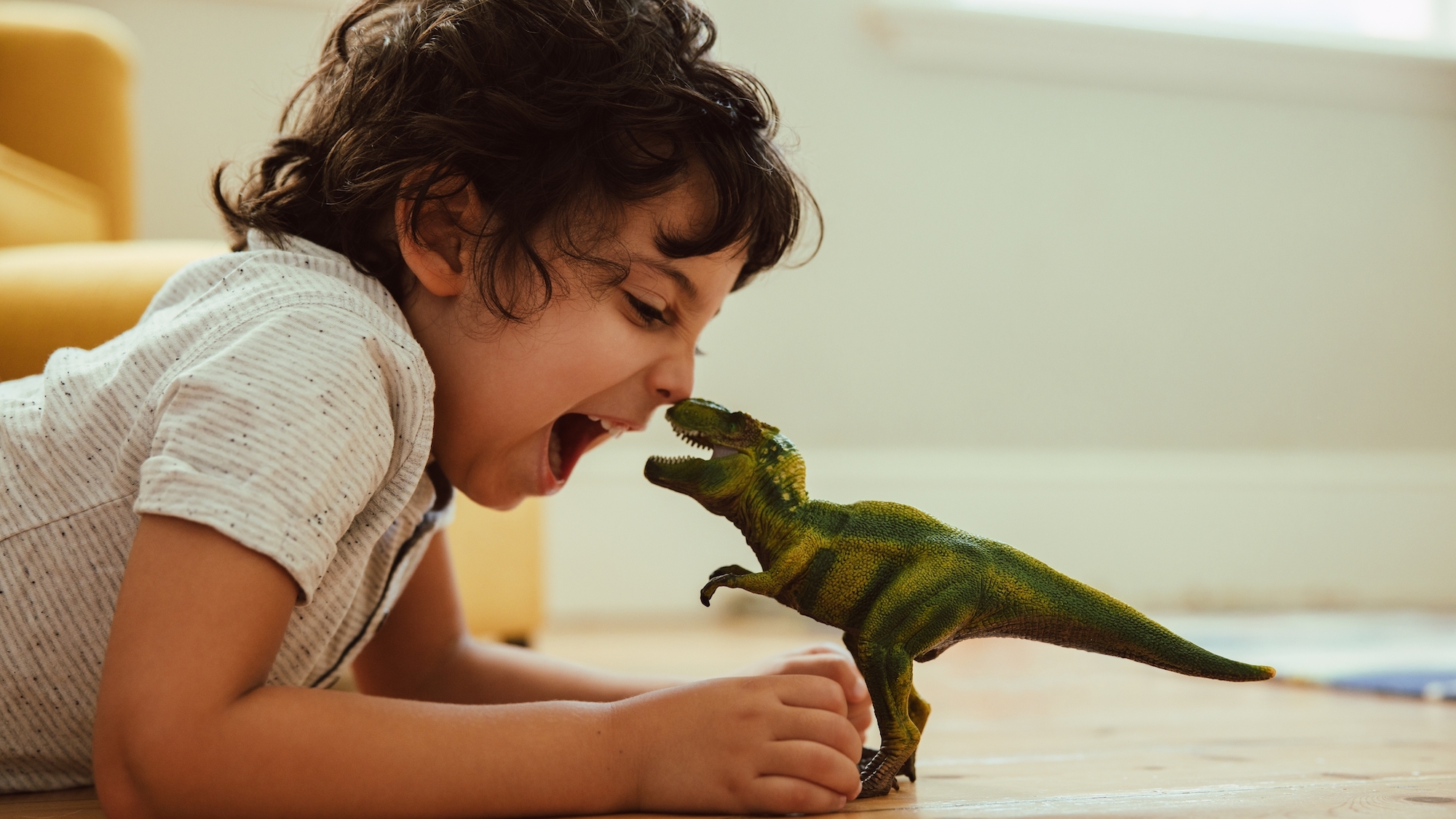If you are one of those who played with a tractor or Barbie in a slightly abusive way when they were little, then you can consider yourself as little geniuses. Because yes, according to a study from Indiana University in the United States, there is a real causal link between the intensity of a child's interest in a toy and the evolution of their intellectual abilities. We explain it to you.
It is rather interesting to provoke their interest
A little psychology point: the notion of interest is a cognitive and affective state called by doctors "emotions of knowledge". The feelings related to interest are a mix of curiosity, motivation, and focus. When a child is interested in a toy, they engage with it, paying attention to details, asking questions, and exploring different possibilities. This active involvement helps them develop various cognitive skills such as problem-solving, critical thinking, creativity, and even language abilities.
;and they allow us to be very effective and very successful in our actions in order to achieve the goals we set for ourselves. There are two types of interest: personal and situational. Personal interest does not require any intervention from the environment, it is the natural ability of a being to be interested in an object or a subject. On the other hand, situational interest involves an emotional reaction provoked by environmental stimuli. For example, when a child spends time playing with a plastic dinosaur, because it can roar, they do so in response to an external stimulus (the roar). Their greater interest in this toy at the expense of others is therefore situational interest.
Developed analytical skills through toys
That being said, here is the connection to our topic: according to research from Indiana University, led by Professor Joyce M. Alexander, situational interest of a child in a toy allows them to later develop impressive attention and higher-than-average intellectual skills in information processing. Simply put: if a child spends their time playing with their dinosaur and observing it, even to the point of developing a real daily obsession, that's a good sign! Your child is unconsciously conducting an in-depth study of the dinosaur that will allow them to be highly successful later on.
Okay, the catch in all of this is that only 20% of children remain passionate about a toy after starting school. At the same time, why settle for just one toy when you discover all the other pleasures of life! Let's keep hope and with a little luck, your little ones will become the next Steve Jobs.
